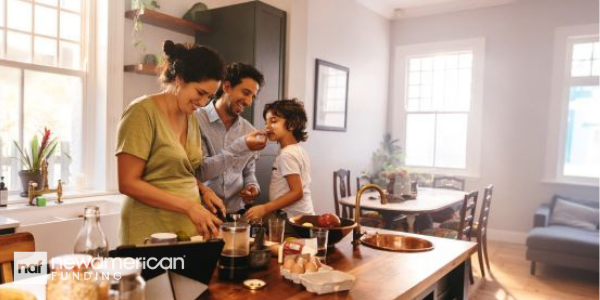Housing News
Seller's Market Intensifies as Pessimism Grows Among Homebuyers
June 14, 2021
Given how many people who plan to sell their home in the next year think they'll get more than they paid for it (nearly everyone), it's probably not a surprise that potential buyers aren't feeling great about the state of the housing market these days.
A new report from Fannie Mae shows that people haven't felt this bad about their homebuying prospects in…well…ever.
According to Fannie Mae's Home Purchase Sentiment Index, a view into how consumers feel about the housing market based on a national survey, fewer people said that now is a "good time to buy a home" than ever before.
The report showed that only 35% of survey respondents said that it is a good time to buy, which is the lowest that figure has ever been.
According to Fannie Mae, the percentage of respondents who said that it is a good time to buy dropped from 47% in April to an all-time low of 35% in May.
As for why the decline was so substantial, Fannie Mae Senior Vice President and Chief Economist Doug Duncan said that people "appear to be acutely aware of higher home prices and the low supply of homes."
Conversely, 67% of the survey's respondents said that now is a good time to sell.
According to Fannie Mae, the overall index, which is built on consumers' view of the housing market in several segments, was actually up in May by 1%, meaning overall sentiment towards the housing market increased in May.
Fannie Mae said that respondents' view of their financial situation increased substantially, helping the index increase slightly despite the sizable decrease in homebuying optimism.
"The HPSI remained relatively flat in May, although some of its underlying components shifted significantly, with consumers feeling substantially more positive about their jobs and income, while at the same time showing even greater pessimism about homebuying conditions compared to last month," Duncan said.
"However, despite the challenging buying conditions, consumers do appear more intent to purchase on their next move, a preference that may be supported by the expectation of continued low mortgage rates, as well as the elevated savings rate during the pandemic, which may have allowed many to afford a down payment," Duncan concluded.





